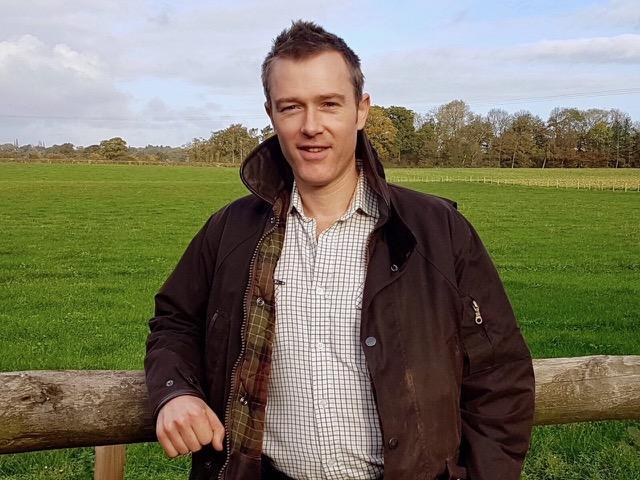What do you think a farmer looks like?
24th June 2021 by Will Evans - OFC Director

Through various things that I’m involved with, I quite often find myself speaking to classes of school children about farming, and I always like to start off by asking them a question.
“What do YOU think that a farmer looks like?”
Approximately thirty hands usually shoot into the air, and I always get the same replies – “really old”, “he wears a straw hat”, “checked shirt”, “always in wellies”, “grumpy”, and my personal favourite, “hairy chest”. And whilst it should be noted that in many cases, they’re quite close to the mark with that range of physical descriptions (I love a checked shirt myself), it doesn’t really portray the way that we like to see ourselves as part of a modern, dynamic, and increasingly diverse agricultural industry.
But leaving aside the work we need to do in changing children’s perceptions of us, their answers do often lead me to ponder what we really are as farmers in 2021, and whether we’re in the midst of an identity crisis. My Father, who was born in the early 1950’s in an era when the British public were still experiencing rationing has always known his role with absolute certainty – to produce as much food as he can, as efficiently as possible. And he’s done that successfully for his entire farming career, whilst being well subsidised by Government for doing so.
And for many years, having been taught to farm in that way, both at home and at University, I thought my job was to feed the world too. I reasoned that because we have everything in our favour here in the UK; the climate, the infrastructure, the technology, the expertise - and many other countries don’t have that - so obviously we should be pushing on and producing as much as possible to feed our own population and export the surplus - everyone wins.
But now I’m a bit older, and hopefully wiser, I realise that not only was I very naïve with that thought process, I was completely and utterly wrong. And again, I’ve thought about this a lot, what our role as farmers is now, and I believe it’s this: To run a profitable business, leave the land we farm in a better condition than when we took it on, and make a positive contribution to reducing climate change.
But all three parts of this require long-term thinking and solutions, from individual farming families, from the wider agricultural industry, and perhaps most crucially of all, from policy makers. Because if we want those things, if we truly want our rural communities (and our planet itself) to survive and thrive, then we need to look at what’s working and what isn’t, seriously address the barriers we’re facing, and realise the grave consequences of both inaction and getting it wrong.
Of course, this is just my thoughts and opinions, and I’d be delighted to hear your ideas about what you think the modern farmer is at the conference in January, where we’ll be discussing this and much more, with the brightest minds in the food and farming industry from all around the world, inspiring, informing, and challenging us all to find our own ‘routes to resilience’ in the coming years.
See you at Oxford. I’ll be the one in a checked shirt..
